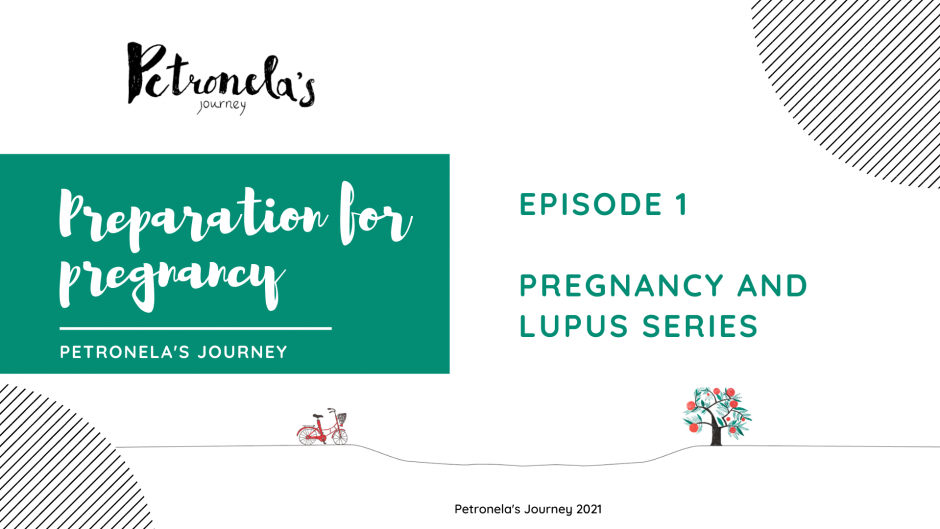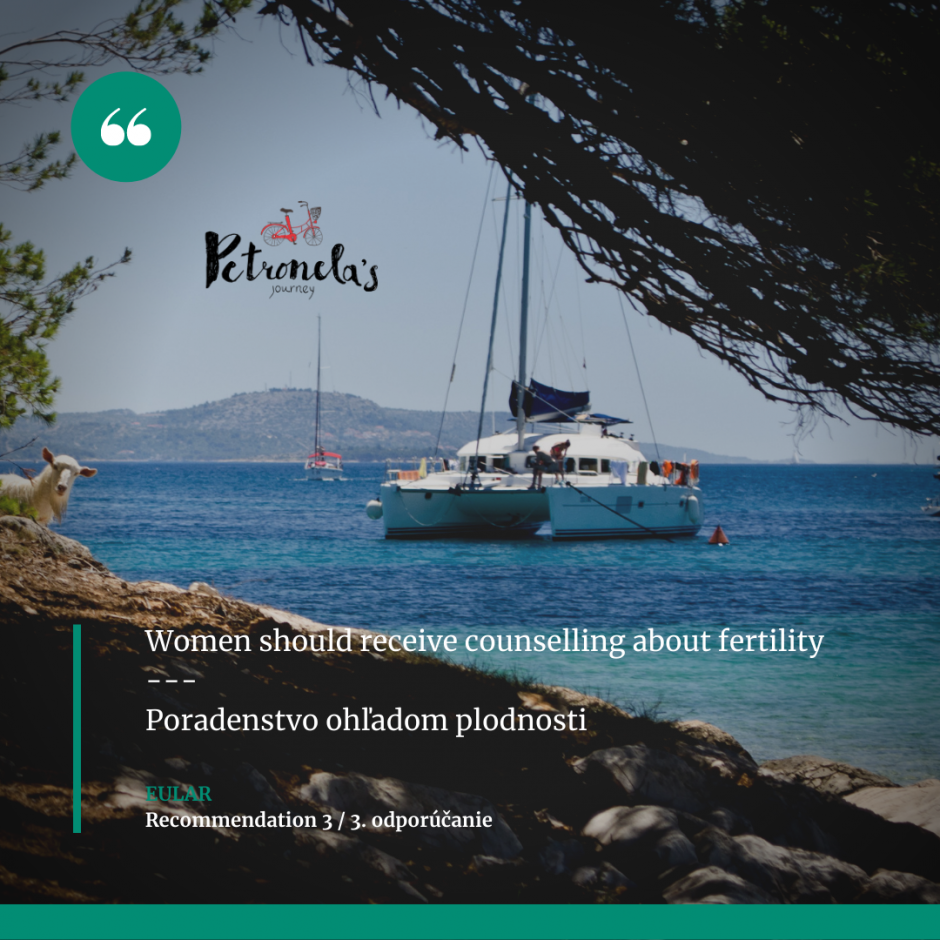When I was first diagnosed with lupus, I had no idea there are certain supplements, over-the-counter medicine or prescription medicine that I couldn’t take. I learned the hard way to read labels and to check twice if I can take a certain supplement and/or medicine. I compiled a list of 4 things to avoid with lupus that may help you on your journey to health 🙂
1. Ingesting alfalfa sprouts causes the onset of SLE. Alfalfa and mung bean sprouts contain L-canavine, an amino acid protein that stimulates the immune system. With our overactive immune system, it is not advised to take it.
2. A herbal supplement, Echinacea, can help with colds and the flu. It can increase the activity of the immune system, therefore we should avoid taking it.
3. Special attention deserves one medication – the sulfa antibiotic. Some people who have lupus will have a flare or develop an allergic reaction when taking this antibiotic. People with lupus should never take this antibiotic.
4. Supplements containing ephedra* can exacerbate Raynaud’s phenomenon because they can constrict blood vessels. * Ephedra or Ma Huang is a plant that has been used in Chinese medicine. Its medicinal use ranges from treating bronchitis and asthma to improving cold and flu-like symptoms like congestion. Ephedrine is the main alkaloid within ephedra, which has been synthesized for medical uses.
Sources:
- Sources/Zdroje: The Lupus Encyclopedia, Donald E. Thomas Jr. M.D., FACP, FACR
- Lupus Q+A (Revised Edition), Robert G. Lahita, Robert H. Phillips
- The Lupus Book: A Guide for Patients and Their Families, Daniel J. Wallace
- https://www.samedaysupplements.com/blog/supplement-reviews/ephedra-pills-vs-ephedrine/









